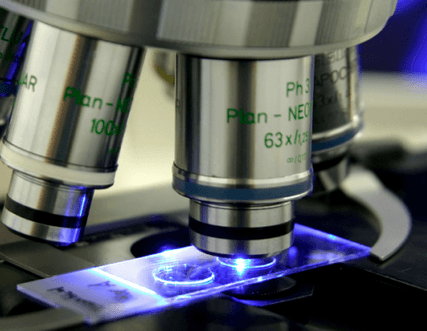Government should invest in biotechnology related research – Professor
 Professor Marian D. Quain, the Principal Research Scientist, at the Crop Research Institute of the Council for Scientific and Industrial Research (CSIR), has called on government to invest resources in biotechnology related research in the country.
Professor Marian D. Quain, the Principal Research Scientist, at the Crop Research Institute of the Council for Scientific and Industrial Research (CSIR), has called on government to invest resources in biotechnology related research in the country.
Prof Quain explained that biotechnology, especially on Genetically Modified Organisms, were a branch of biotechnological systems that had been adopted by many countries to help develop plants and crops that were highly resistant to diseases and pests, and ensuring higher yields.
She made the call on Tuesday at a stakeholder seminar in Accra on the topic: “Can GMOs contribute to the Socio-economic Development of Ghana”, organised by the National Biosafety Authority (NBA).
Prof Quain urged the NBA to educate the public on biotechnology and biosafety issues to help the public understand and embrace biotechnology as a better alternative to socio-economic advancement.
This, she explained, was necessary to help correct the wrong perception created in the minds of the public regarding the use of technology, especially with GMOs.
She said that countries like China had embraced biotechnology and conducted extensive research in various biotechnology systems which resulted in their fast advancement globally, stressing that there was the need for the country to learn from other countries.
She explained that genetically modified foods and products were being consumed everyday all over the world, and therefore, Ghanaians had to embrace GMOs as a new way of technological advancement that had come to stay to help the world cope with weather changes.
Prof Quain said the Crop Research Institute of the CSIR would continue to research and develop new plant and crops varieties like yams, maize, cassava and potatoes that were more resistant to the changing weather patterns, and gave the assurance that these were very safe for consumption.
Dr Richard Ampadu-Ameyaw, a Socio-Economist at Science and Technology Policy Research Institute, said the country needed biotechnology to cut down cost, but refuted the notion that biotechnology had come to replace traditional or conventional research.
Dr Ameyaw said biotechnology should be added to the Senior High School curricular, explaining that, it would be easy for students to know more about GMOs.
Mr Edwin Baffour, Director of Communication, Food Sovereignty Ghana, was of the view that it was time the country focused on organic in its production and that GMOs were not going to solve the nutritional problems; saying it was rather expensive to practise.
He said the country had the requisite natural human resources which would help farmers produce their crops organically rather than using biotechnology in their production, stressing that, currently the demand for organic agriculture is increasing globally.
Mr Baffour said there was the need to solve the fundamental problems in agriculture such as access to credit for farmers, problems of irrigation, and poor road network before focusing on biotechnology.
Mr Edward Kareweh, General Secretary of the General Agricultural Workers Union, said the implementation of GMOs was not necessary since it would not solve infrastructural challenges especially access to quality road network from the farm to the market.
He said GMOs would undermine the capacity of domestic farmers to produce their own seed, since the country would be constrained from accessing some of the global market.
Source: GNA
